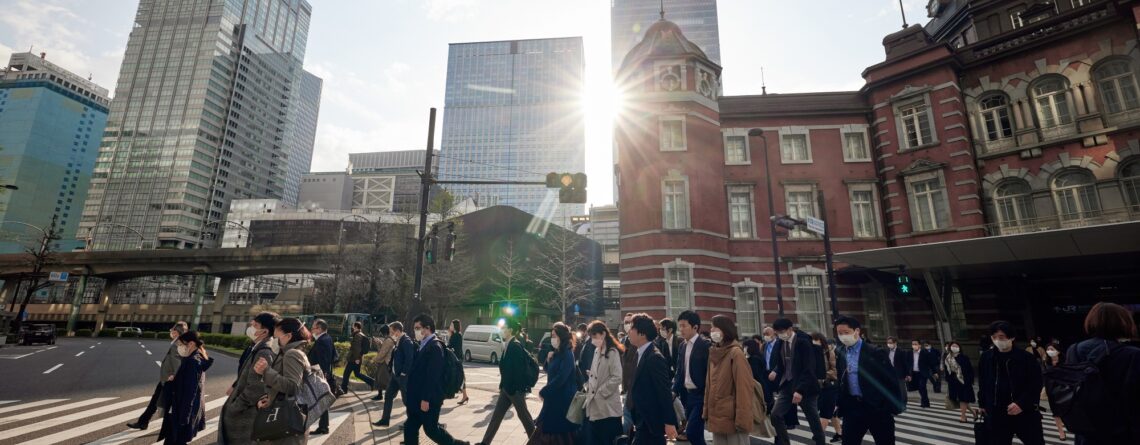Japan wants companies to disclose pension fund performance
Japan is moving to urge companies to disclose their pension plan returns, Nikkei has learned, as part of an effort to improve how the nation’s retirement savings are invested.
The government will begin discussions Wednesday in a new panel on strengthening Japan’s asset management sector. Proposed topics include disclosures on pension fund performance, ways to attract more talent in the field and allowing smaller companies to operate joint pension funds.
The conclusions will be incorporated into a national plan to bolster Japan’s asset management sector, to be compiled by the end of the year.
Disclosing pension plan performance is seen as a way to improve transparency for workers and boost underperforming plans.
In Japan, corporate pensions are private benefits offered by companies on top of the two public tiers of the nation’s pension system.
Corporate pension programs in the U.S. and the U.K. are required to disclose their performance. But in Japan, while defined-benefit pension plans submit annual reports to the Ministry of Health, Labor and Welfare, the information is not generally made public.
The disclosures could also remove hurdles to comparing the performance of defined-contribution plans. More transparency would allow workers to see how their company’s plan stacks up against those of other employers.
Corporate pension plans are also institutional investors that play a role in pushing companies they invest in to improve governance or earnings. But only around 60 corporate pension funds in Japan have adopted a stewardship code that encourages dialogue with companies in their portfolio.
This stems partly from a talent shortage. Japanese corporate pension plans are often run by people with a background in human resources and labor relations who tend to be risk-averse and entrust decisions to financial institutions. Few companies have finance or asset management professionals in charge.
“It is essential to create an environment that can dispel companies’ deflationary mindset, and we need governance reforms to encourage a more sophisticated approach to asset management,” said an official at Japan’s Financial Services Agency.
Small and midsize pension funds face their own challenges. They struggle to afford outside advice and need to cut costs by combining administrative tasks or pooling asset management. Companies can entrust management to Japan’s Pension Fund Association, but the option has been slow to catch on, partly due to a lack of interest in better asset management.
Japanese Prime Minister Fumio Kishida called for fundamental reforms in Japan’s asset management sector as part of his government’s economic and fiscal policy plan in June. He took the message to the U.S. last month in a speech to investors at the Economic Club of New York.











